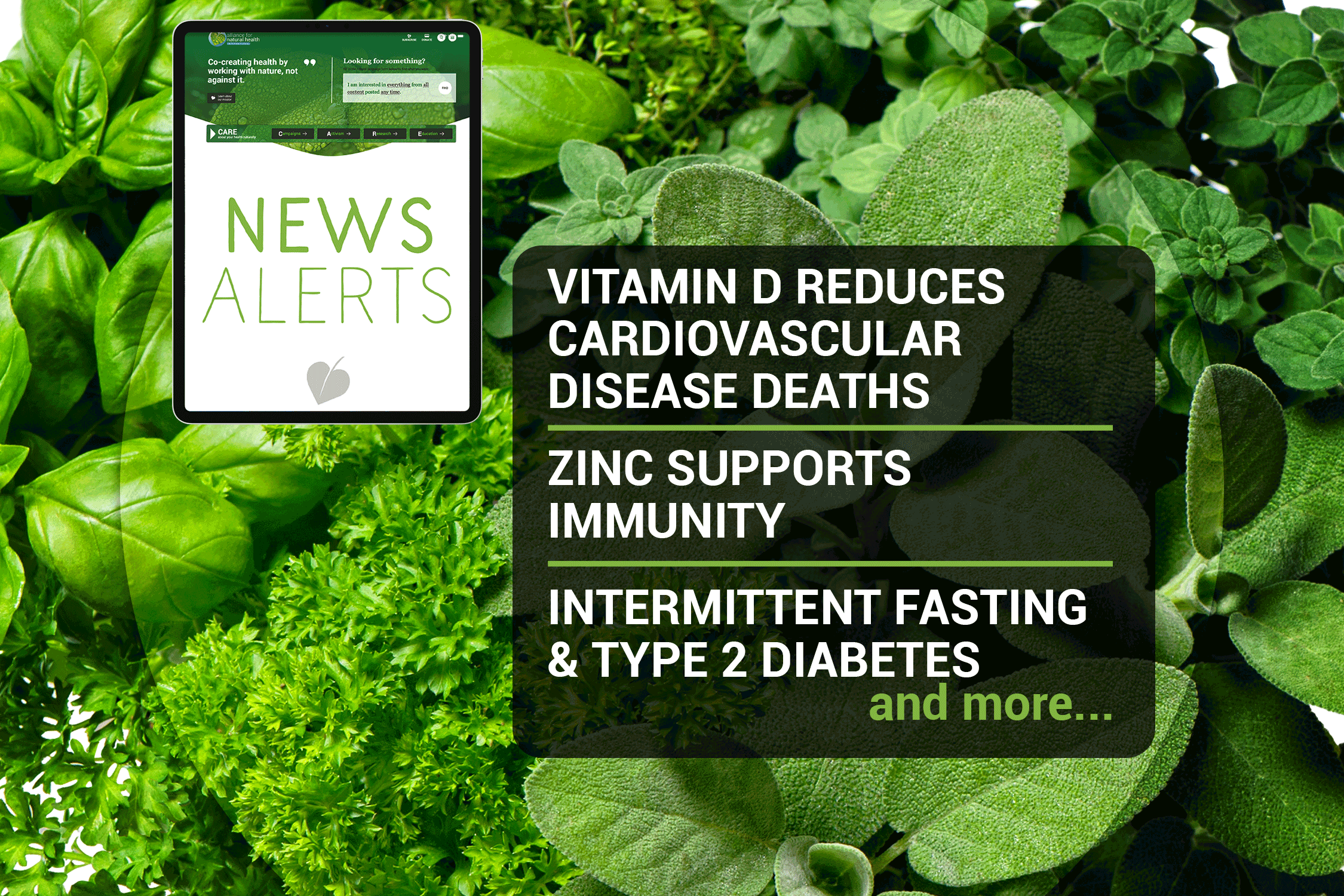Content Sections
Vitamin D reduces death from cardiovascular disease
Low levels of vitamin D increase an individual’s risk of dying from cardiovascular disease. A new large observational and Mendelian analysis published in The Lancet used data from 33 prospective studies and four cohort studies to find out if low vitamin D status contributes to death from cardiovascular disease. The researchers concluded that low levels of vitamin D put individuals at much higher risk of dying from cardiovascular disease than those who have sufficient levels. It’s easy to find out what your vitamin D levels are using a simple test. Our vitamin D Test & Take campaign gives you details of what tests are available and how to supplement to up your levels. Particularly important for those in Northern climes as the winter days draw in and seasonal viruses start to circulate.
Battle to protect NAC continues
US Congressman, Jeff Duncan, is reported to have sent a strongly worded letter to the US Food and Drug Administration questioning its attacks on food supplements containing N-Acetyl-Cysteine (NAC). He has requested the FDA to produce any reports of adverse reactions to NAC in the light of the National Institute of Health’s Office of Dietary Supplements statement that there have been no reported safety concerns around the use of NAC. The fact that NAC forms part of an effective prevention and early treatment protocol for covid may have something to do with the FDA’s interest in this particularly useful nutrient.
Metabolic health goes mainstream
An interesting op ed in The Guardian discusses the importance of metabolic health. Referring to the ‘new’ science of metabolism the article discusses the role of our metabolism in maintaining a healthy weight. It also challenges the notion that our metabolism slows down as we get older. Far from being a new science, the importance of our metabolic health and flexibility is firmly fixed in scientific literature. Creating resilient metabolic health is at the heart of our Food4Health guidelines to help you to create and maintain vibrant and resilient health.
Have your say on water fluoridation
Have you objected to the UK government’s plans to fluoridate water yet? If not, there’s still plenty of time to sign the petition calling for a cessation to plans to fluoridate the whole UK water supply with a known neurotoxin. For more information on fluoride and its risk to human health visit the Fluoride Free Alliance UK (FFAUK).
Zinc reduces respiratory illness risk & severity
Using zinc supplements can reduce the length and severity of respiratory tract infections according to a new meta-analysis published in BMJ Open. Compared to placebo taking zinc was found to reduce the likelihood of becoming ill as well as reducing the length and severity of infections. The researchers were clear that their evaluations did not include the use of zinc as part of prevention or treatment protocols for covid. Find out more about zinc and why it’s essential for the health, wellbeing and effective functioning of our first line defence against viruses of all kinds, our immune system.
Intermittent fasting reduces risk of type 2 diabetes in new mums
New research from Australia shows that intermittent fasting is an effective way for new mothers to lose weight and prevent the onset of type 2 diabetes, compared to traditional calorie-controlled diets, in those who suffer gestational diabetes (GD). Women who develop GD are at a ten-fold risk of developing type 2 diabetes later in life. Those who are also overweight are at even higher risk. It’s thought that intermittent fasting is an easier dietary intervention for new mothers to adopt as they struggle to put themselves first while juggling a new baby and the rest of life. Our Health Hack video tells you why intermittent fasting reduces your disease risk and helps you burn fat, even when you sleep.








Comments
your voice counts
There are currently no comments on this post.
Your voice counts
We welcome your comments and are very interested in your point of view, but we ask that you keep them relevant to the article, that they be civil and without commercial links. All comments are moderated prior to being published. We reserve the right to edit or not publish comments that we consider abusive or offensive.
There is extra content here from a third party provider. You will be unable to see this content unless you agree to allow Content Cookies. Cookie Preferences